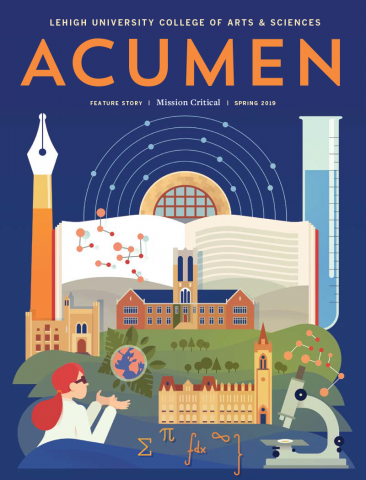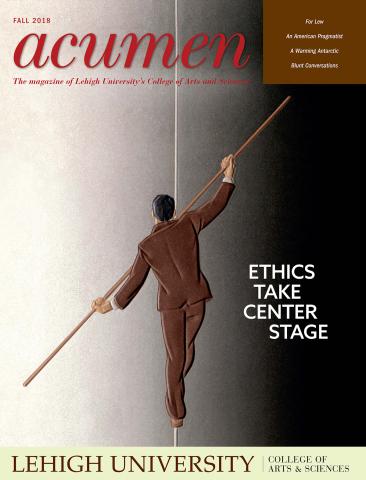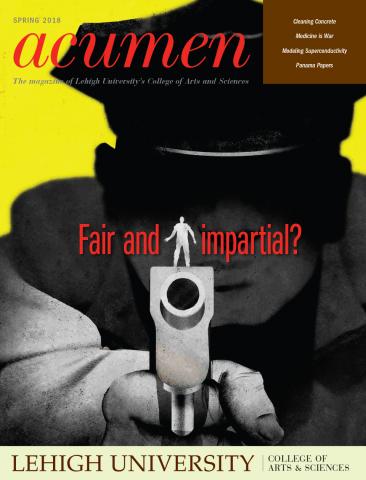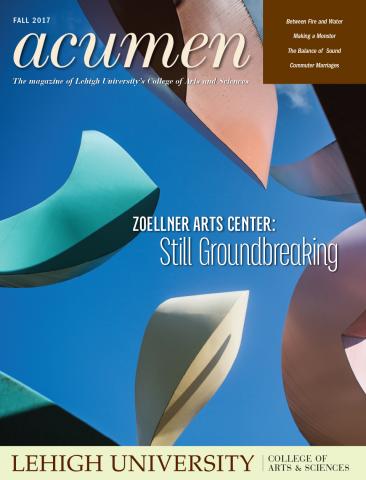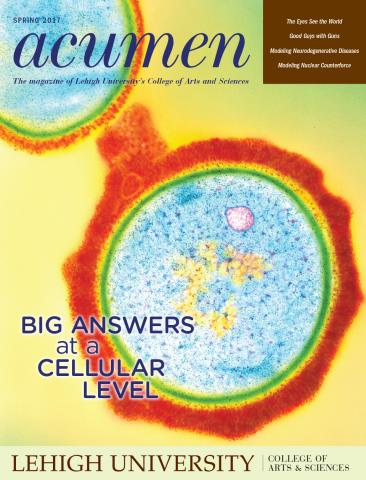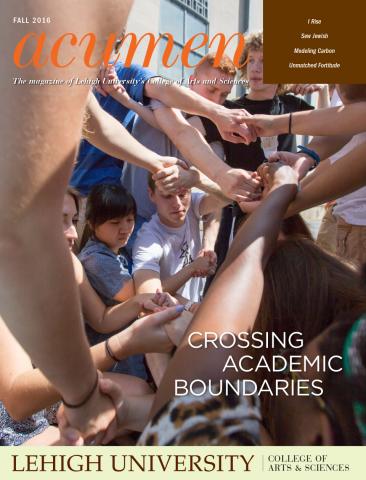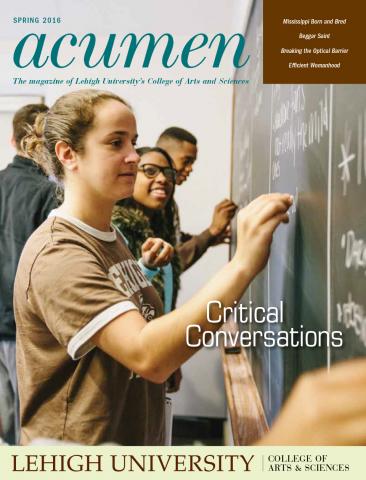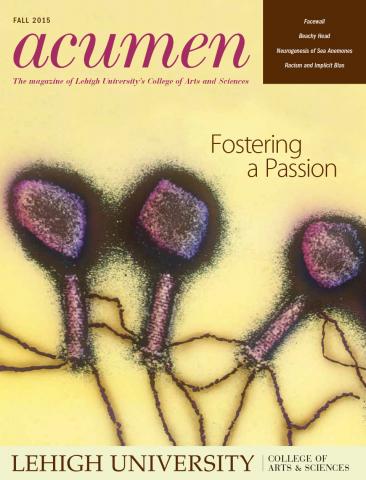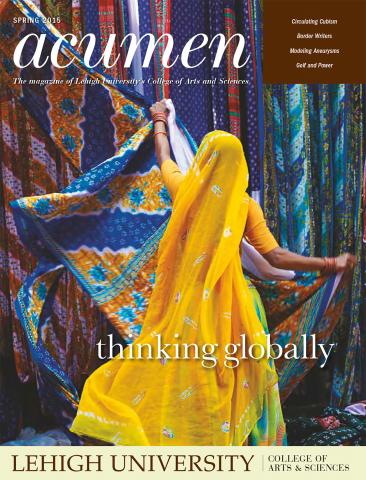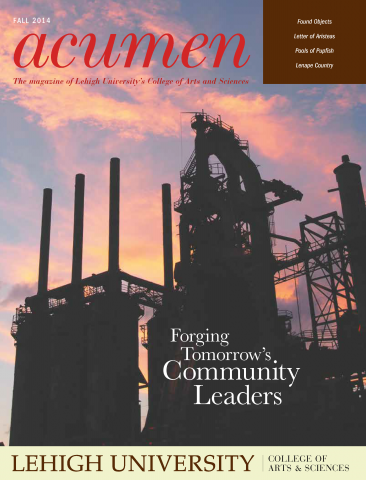
Metaphysics, the branch of philosophy that studies existence, holds that reality is absolute. Reality is definitive, composed of many big things, dependent in some important way on smaller things. Although this picture—a model on which reality has this hierarchical structure and a fundamental level—has intuitive appeal, it does not stand on such firm footing as one might expect, says Ricki Bliss.
Metaphysics, the foundation of philosophy, holds that reality has a specific nature and it must be consistent to that nature. In particular, most metaphysicians believe that reality is hierarchically structured by various kinds of dependence relations. Bliss, assistant professor of philosophy, argues that reality doesn’t possess this type of structure and examines why philosophers adhere to this traditional picture. Her current research investigates various theories of reality’s fundamental structure and assesses their nature and possibility. She takes a different tack, employing non-Western thinkers in her approach.
“Much of what I’ve done is try to explore the different kinds of arguments philosophers offer in defense of this standard picture,” she says. “Alternatives to traditional views of reality have been well explored in Indian and Chinese Buddhist traditions, for example. In the Western tradition, we’ve assumed this standard hierarchical picture, with a fundamental level that seems so obviously true that nobody thinks of an alternative, whereas in Buddhism, people have been questioning this picture of reality for a long time. Parts of Eastern literature provide a treasure trove for well-developed accounts of alternatives to a picture we in the Western tradition have never bothered questioning.”
Bliss assesses the notion of reality in light of the explanations for which we are told we ought to believe it. The justifications only add to comprised notions of reality. Her work also examines how we think of cosmological questions surrounding existence and argues the view is flawed. She reasons that, in most cases, these large universe questions, and how they are used in arguments to lead us to the conclusion normally that God has to exist, are misunderstood—and these misunderstood variations are semantically defective.
“It’s a very intuitive picture, but it’s not necessarily right.”

























